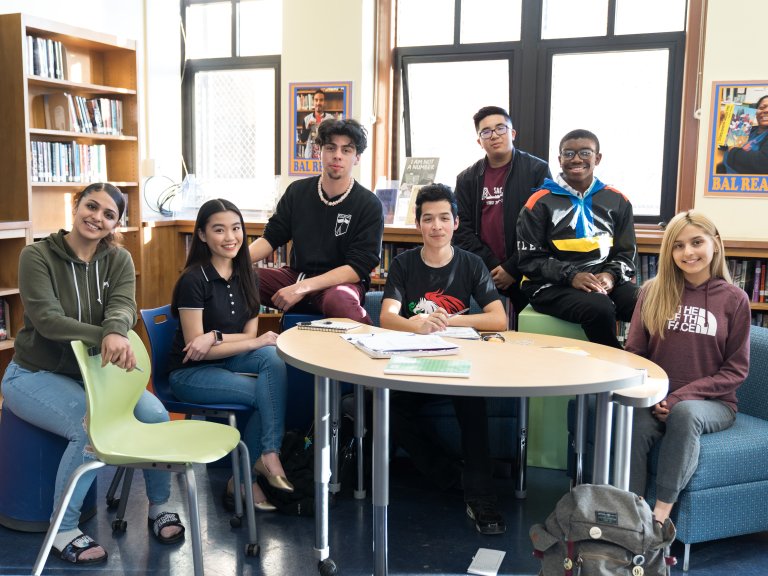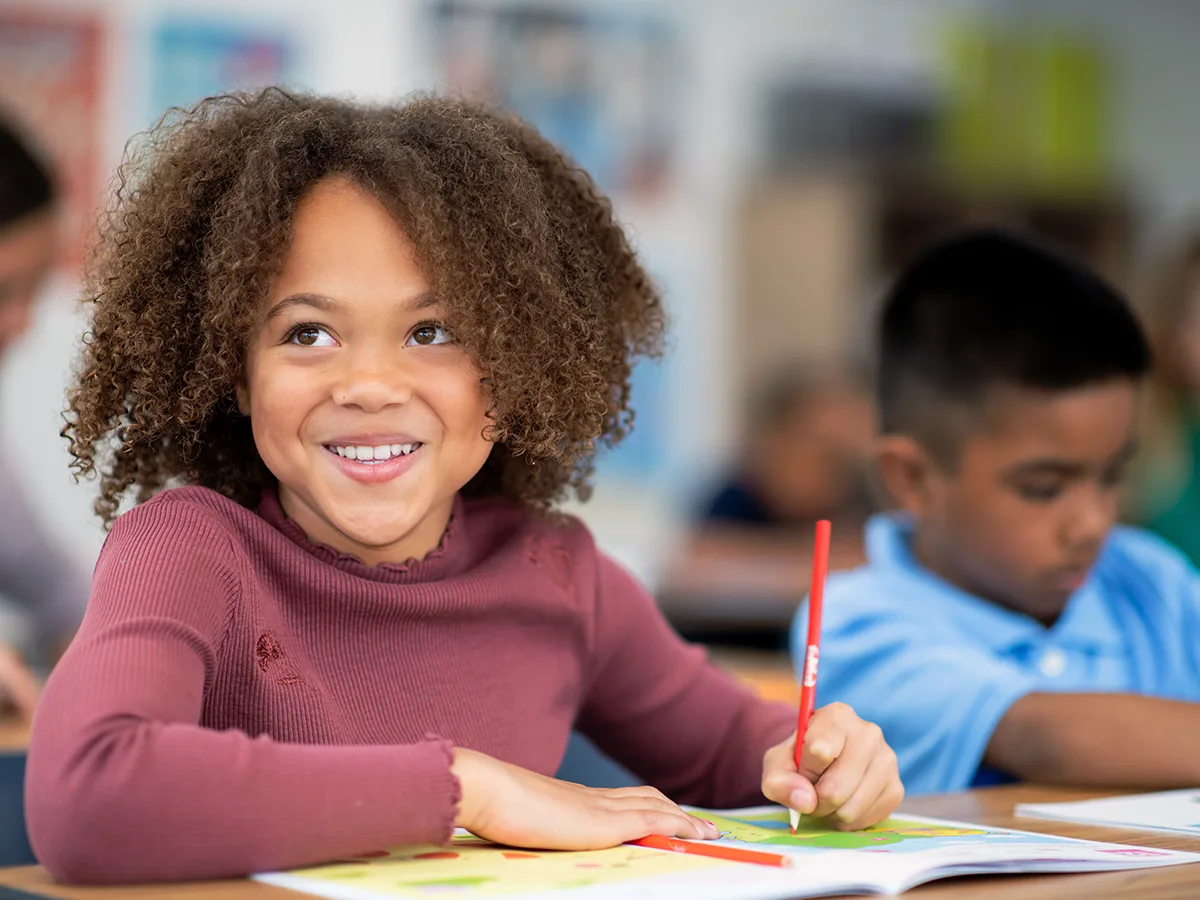Understanding the Importance of Colleges in Child Growth and Area Growth
Schools serve as crucial institutions for kid advancement and neighborhood development, giving environments where scholastic success are complemented by the farming of social abilities and exposure to varied perspectives. These instructional settings not just advertise critical thinking and efficient communication but likewise foster empathy through collaborative tasks. Schools' engagement with regional communities with service-learning campaigns strengthens the bond between family members and instructional institutions. This cooperative partnership emphasizes the importance of schools in supporting active citizenship and lifelong learning routines. What are the certain systems by which these establishments attain such profound effects?
Academic Success
Academic achievement works as a foundation of kid advancement, giving the structure upon which future knowing and success are developed. Institutions play an essential duty in cultivating this scholastic development, using structured settings where children can obtain important understanding and cognitive skills. Standard educational program make certain that students gain proficiency in core subjects such as mathematics, scientific research, and language arts, which are essential for both college and specialist chances.
Along with presenting basic scholastic skills, colleges also grow essential thinking, analytical capacities, and intellectual interest. These cognitive competencies are crucial for browsing complicated real-world situations and adapting to the ever-evolving demands of the contemporary work environment. Educators, as facilitators of knowing, employ varied pedagogical approaches to deal with varied knowing styles, therefore making the most of private student capacity.
In addition, scholastic success is very closely linked to self-worth and motivation. Kids that experience academic success are more probable to establish a favorable self-concept and a lifelong passion for discovering. Colleges additionally offer numerous resources, such as collections and modern technology, which even more boost the instructional experience and prepare pupils for a technically innovative society.
Social Skill Development
Beyond academic accomplishment, the function of colleges in social ability growth is vital. Schools work as a primary place for youngsters to find out and exercise essential social skills such as dispute, interaction, and collaboration resolution. In the organized environment of a classroom, pupils connect with peers, instructors, and other institution staff, providing numerous opportunities to create these important capabilities.
Effective social skill growth in colleges is facilitated with group tasks, collaborative projects, and extracurricular programs. These communications aid students understand social norms, develop empathy, and cultivate a feeling of neighborhood. Team jobs educate trainees just how to function with each other in the direction of a common objective, listen to different perspectives, and browse differences constructively.

The growing of social skills throughout institution years lays a structure for future personal and expert partnerships. Save Temecula Schools. As trainees mature, the capability to properly team up and communicate ends up being progressively crucial, underscoring the college's important function in alternative youngster development
Exposure to Diversity
Exposure to variety in colleges is fundamental to cultivating an inclusive mindset and widening trainees' point of views. Schools serve as a microcosm of the broader culture, and coming across varied cultures, languages, and socioeconomic backgrounds within this environment gears up students with necessary abilities for navigating a significantly globalized globe. This direct exposure motivates compassion, lowers prejudices, and advertises common regard among peers.
Research study suggests that trainees who interact with peers from diverse histories show better analytic abilities and creative thinking. This understanding of variety prepares students for future workplaces that value multicultural proficiency click for more - Save Temecula Schools.

Neighborhood Engagement
The advantages of diverse classrooms prolong beyond the college wall surfaces, promoting a solid feeling of neighborhood engagement among pupils. By communicating with peers from numerous social, socioeconomic, and ethnic backgrounds, students get a wider viewpoint and a recognition for diversity. This direct exposure encourages them to become active residents who agree to add positively to their communities.
Schools that emphasize neighborhood engagement commonly integrate service-learning tasks, which enable students to resolve real-world troubles while applying academic skills. These jobs not only boost pupils' understanding of their coursework but additionally impart a sense of responsibility and compassion. Partnerships in between institutions and regional organizations provide trainees with chances to get involved in community events, further solidifying their role as aggressive community members - Save Temecula Schools.
Additionally, parental and community involvement in institutions read this post here reinforces the bond in between instructional organizations and the areas they serve. Through these efforts, colleges play a critical function in nurturing neighborhood involvement and cultivating societal development.
Lifelong Understanding Practices
Creating lifelong knowing habits is important for a youngster's continuous growth and flexibility in an ever-changing globe. Colleges play an essential duty in instilling these habits by developing a setting that cultivates inquisitiveness, critical thinking, and a love for expertise. Through extracurricular activities and diverse curricula, educators urge students to check out various topics, analyze information critically, and apply their learning to real-world situations.

Moreover, institutions give an organized environment where kids can develop self-control and time administration abilities, both of which are crucial for continual discovering. By stressing the significance of setting goals, assessing progress, and adjusting techniques, educational organizations prepare pupils to navigate the complexities of adult life, guaranteeing they remain lifelong learners and factors to society.
Final Thought
Finally, colleges are vital in fostering kid growth and neighborhood growth by offering atmospheres favorable to academic achievement, social skill development, and exposure to diversity. Via collaborative projects and interactions, institutions improve crucial thinking, compassion, and interaction skills. Community involvement initiatives further reinforce the bond in between regional neighborhoods and academic establishments. Eventually, schools cultivate lifelong discovering habits, furnishing people with the essential expertise and abilities to add positively to culture.
In the structured environment of a class, pupils communicate with peers, educators, and other school personnel, check over here using countless chances to create these important abilities.
In significance, exposure to variety within institutions not only improves private students yet also enhances the social textile of the neighborhood as a whole.
The advantages of diverse class extend past the school wall surfaces, cultivating a solid sense of neighborhood involvement among pupils.Schools that emphasize neighborhood interaction often integrate service-learning projects, which permit students to attend to real-world problems while applying academic skills. Collaborations in between schools and regional organizations provide trainees with possibilities to take part in area events, better strengthening their role as proactive community participants.